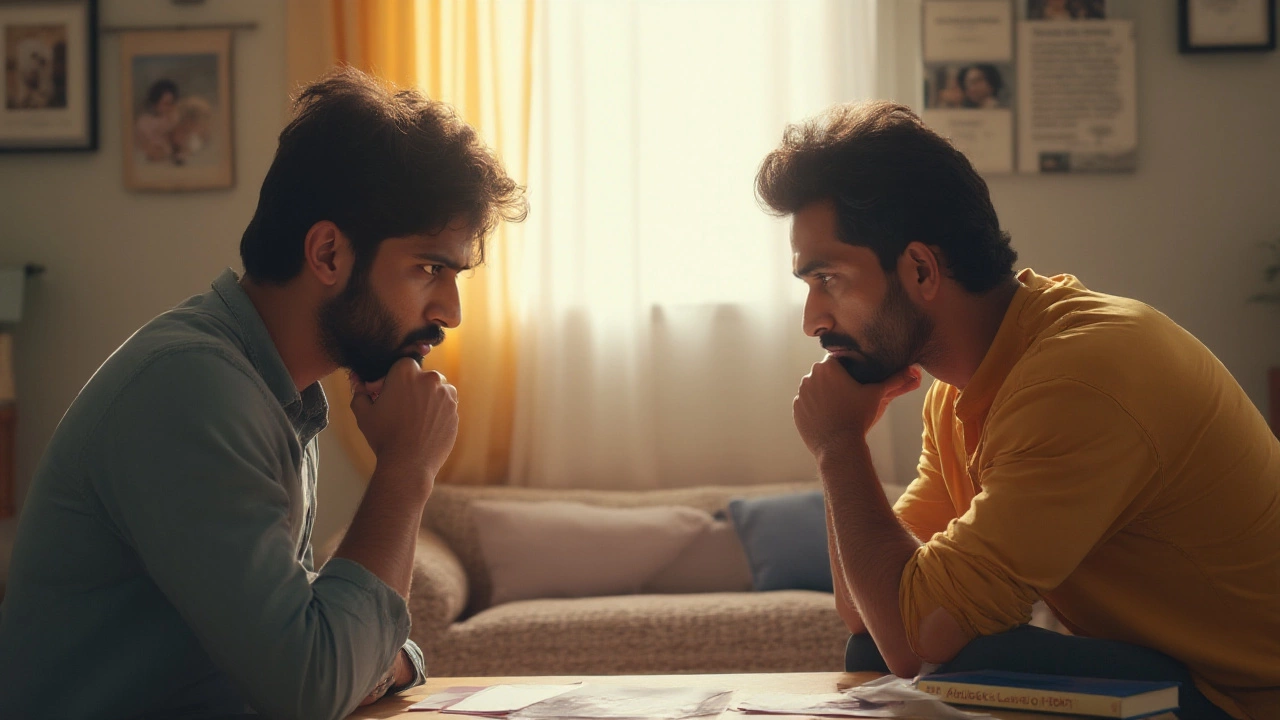Legal Separation in India: What It Is and How to Get It
If you’re thinking about a legal separation, you probably wonder how it differs from a divorce and whether Indian law even allows it. In short, a legal separation isn’t a separate statute in India; instead, it’s a court‑ordered arrangement that lets you live apart while staying legally married. This can be useful if you need space for personal reasons, financial considerations, or to protect children during a dispute.
Most people end up filing for a mutual‑consent divorce because it’s the fastest way to end a marriage. However, a legal separation can be achieved through a guardianship order or a maintenance petition that outlines who lives where, who pays what, and how children are cared for. These orders are enforceable, so both parties must stick to them, just like a divorce decree.
Key Steps to Secure a Legal Separation
1. Talk to a lawyer: Even if you plan to negotiate with your spouse, a qualified family lawyer can draft a proper petition and advise on the best legal route.
2. File a petition in the family court where you reside. The petition should include reasons for separation, details of any children, and a proposed financial arrangement.
3. Serve the petition to your spouse. They have the right to respond, and the court may schedule a mediation session to try and settle issues amicably.
4. Attend court hearings: The judge will review the petition, hear both sides, and may ask for documents like income proof, property papers, and school records for kids.
5. Get the order: Once the judge is satisfied, they’ll issue a separation order that covers residence, maintenance, and child custody. This order is legally binding and can be enforced like any court decree.
Practical Tips and Common Pitfalls
Stay realistic about the timeline. Even a straightforward separation can take 3‑6 months if the court’s docket is busy. Keep all communication documented—texts, emails, and written agreements—to back up your case.
Don’t assume a separation automatically protects your assets. If you own property together, you’ll still need a deed or a court‑approved settlement to divide it. Also, remember that a separation does not end your marriage; you remain married under the law, meaning you cannot remarry unless you later get a divorce.
Finally, consider the emotional impact on children. Courts prioritize their welfare, so a clear, child‑focused arrangement can speed up the process and reduce conflict.
Legal separation in India may not have a dedicated statute, but the family courts provide enough tools to create a structured, enforceable split. With a solid petition, good legal advice, and realistic expectations, you can achieve a separation that protects both your rights and your family’s future.

Is 1-Year Separation Required for Divorce in India? Full Legal Guide 2025
Thinking about divorce in India? Discover if a mandatory 1-year separation applies, the legal process, exceptions, and what the law says in 2025.

Can You Leave Your Husband Without Divorce in India?
Sometimes, marriages reach a point where being together feels impossible, yet divorce may not be the immediate answer. In India, there are legal ways to live separately from your husband without opting for divorce. Understanding your rights and the available legal frameworks is crucial in such situations. This guide explores the concept of judicial separation, prevalent practices, and how to navigate this challenging period while still being married.

Exploring Separation Without Divorce in India: Legal Insights and Options
Navigating the complexities of marital separation without turning to divorce in India requires an understanding of the legal distinctions and provisions under Indian law. This piece explores the nuanced alternatives to divorce, such as judicial separation and informal separation agreements, and what they entail for couples seeking space or resolution without finalizing a divorce. Unpacking personal rights, custody, financial support, and societal considerations provides clarity for those deliberating this significant life choice. It's a deep dive into how one can maintain autonomy while respecting legal frameworks and responsibilities.